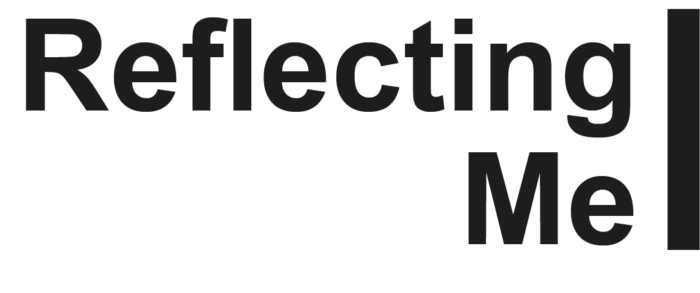Americans and Religion
How do Americans think about and engage with religion today – and what role does the media play in society’s perceptions of religion?
These were key questions in our latest study, Reflecting Me: Religious Representation in Media. This research is based on a quantitative online survey of a core representative sample of almost 3,200 TV content consumers in the US aged 13 to 64, with an additional oversample of over 3,000 respondents in key religious segments.
This study is part of an overall body of work called “Reflecting Me.” In partnership with Paramount’s Office of Global Inclusion and Content for Change, these projects explore the state of representation in TV and film and behind the camera, and the impact it has on our audiences.
Here’s some of what we learned:
Two-thirds of Americans describe themselves as religious, spanning a wide range of practices and beliefs. Today, 67% of 13- to 64-year-olds in the US describe themselves as religious. This group is divided almost evenly among those who say they are “very devoted,” “somewhat devoted,” and “not really devoted.” Among those who consider themselves religious, one-third are Protestant and 20% are Catholic; Mormon, Jewish, Muslim Buddhist, Hindu, and others each represent much smaller percentages of the population.
Religious Americans are becoming more religious and non-religious Americans becoming less religious. More than 7 in 10 religious people in the US (71%) reported that they had become more religious over time, while two-thirds of non-religious people (65%) claimed to have become less religious. Those who have become more religious are more likely to be older, male, and politically conservative. Those who have become less religious are more likely to be teenagers, LGBTQIA+, and liberal. Religious and non-religious Americans tend to self-sort, surrounding themselves with like-minded people.
For those who practice, religion is fundamental to how people feel about themselves and their place in the world. Among religious Americans, 81% agree that their religion is a fundamental part of who they are, 84% agree that their religion is an important part of their emotional/mental well-being, and 80% agree that their religion gives them a sense of community.
Americans are aware of religious intolerance and believe in the right to religious freedom. Most people in the US (90%) agree that everyone should have the right to practice whatever religion they want. They agree that hate and violence towards religious groups is a problem in the US (83%) and that more should be done to combat religious discrimination (83%). And while 79% of Americans overall feel there is unfair religious discrimination in the US, that sentiment is stronger among people of all religions, especially those who are Muslim and Jewish.
The majority of religious Americans believe their religion is misunderstood. Among Americans overall, there is a growing sense that public attitudes toward religion are growing more unfavorable. Among religious people, 67% agree that their religion is misunderstood by people who don’t practice it. Almost half of all Americans overall (48%) believe that society’s feelings toward religion have become less favorable over the past 5 years.
The media plays a central role in shaping public perceptions of religious groups. 6 in 10 Americans saying the media has an influence upon society’s feeling toward religion, whether positive or negative. Within media, people in the US see representation on TV shows and movies as contributing to more positive perceptions of religion, while news coverage is more strongly associated with negative perceptions. Knowing someone who identifies with a particular religion has a notably high impact upon positive perceptions of that religion. Other factors, such as the opinions of friends and family, and the opinions of religious or political leaders, are seen as less influential.
Our next blog posts from this study will cover perceptions of religious representation within media, and insights on how we can represent religious groups and individuals in a more inclusive and accurate way.


